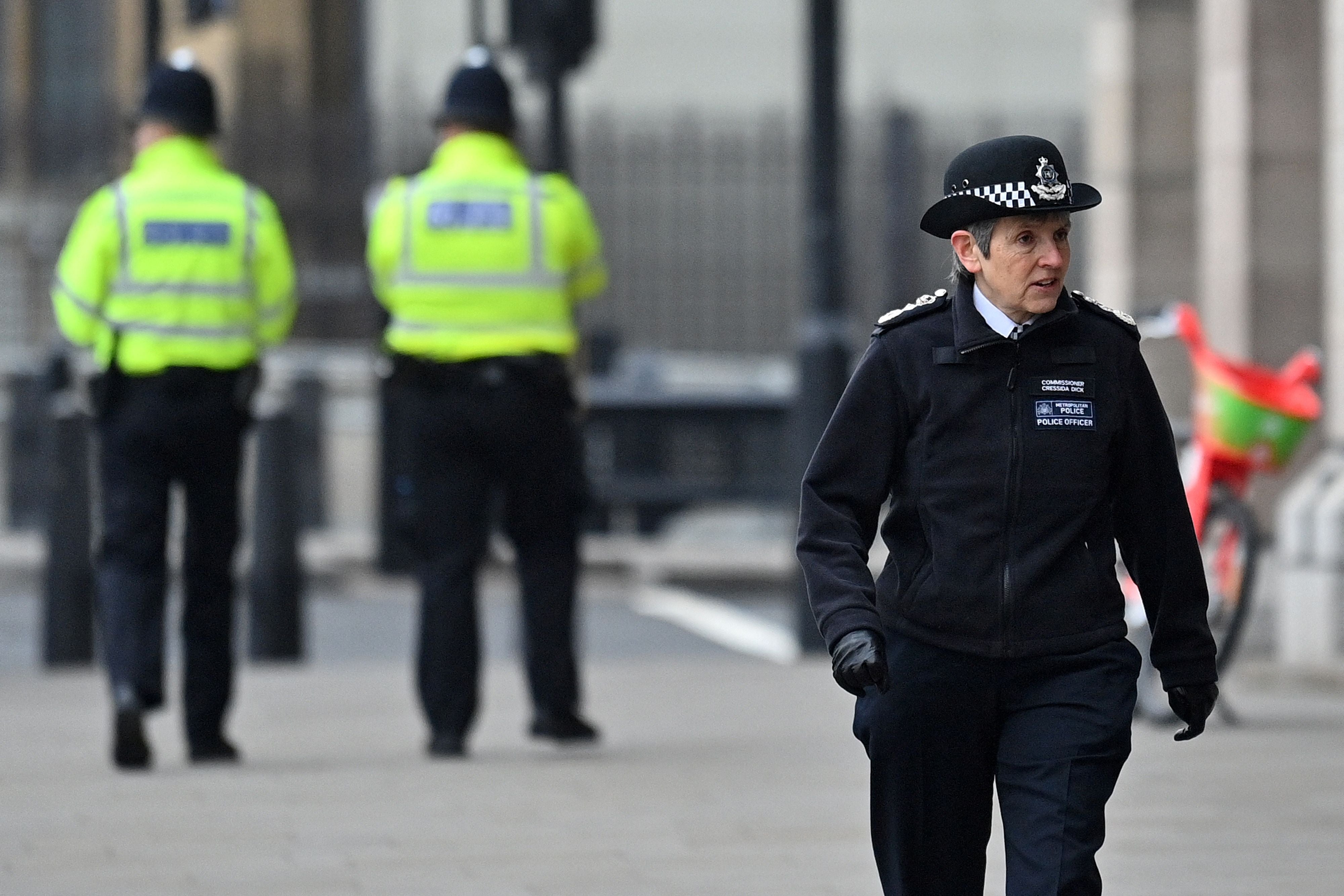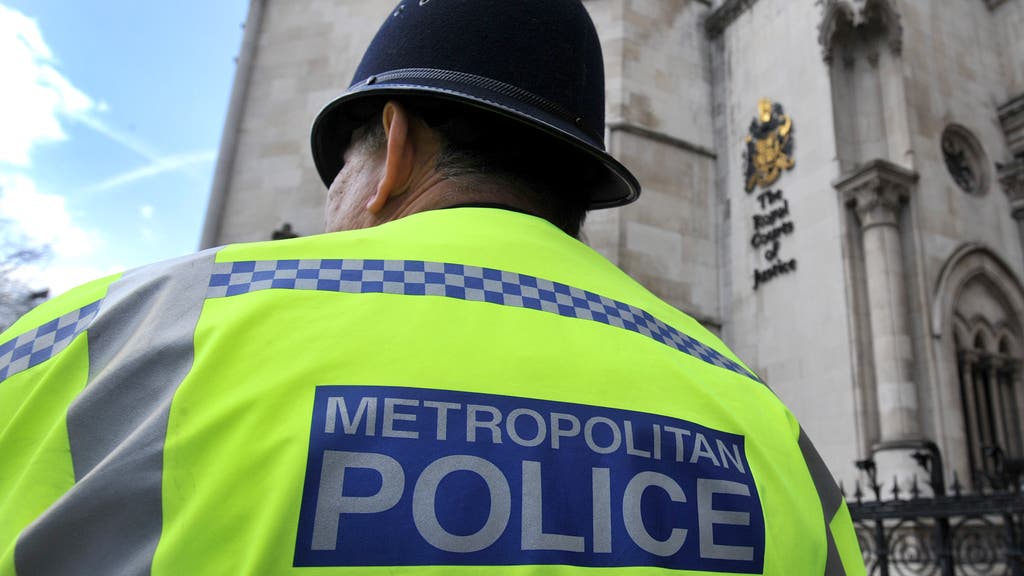Met Police faces legal action over ‘racist’ gangs matrix database
Exclusive: Lawyers say the covert database discriminates against minorities

The Metropolitan Police is facing legal action over its “racially discriminatory” gangs matrix database, it can be revealed.
The covert database was established in the wake of the 2011 London riots as a watchlist of people designated by police as “gang nominals”.
But campaigners say the matrix is based on vague criteria in which people can be added because they have had contact with others the police suspect are gang members or have even been victims themselves.
In a letter to the Metropolitan Police threatening legal action, seen by The Independent, human rights organisation Liberty warned that the gangs matrix discriminates against ethnic minority groups, especially Black people who are disproportionately represented on the database.
The charity is acting on behalf of Awate Suleiman, a musician and writer who attempted for two years to find whether he had been placed on the gangs matrix, and a not-for-profit UNJUST.
They argue it discriminates against people of colour, particularly Black men and boys, and breaches human rights, data protection requirements and public law principles.
Lana Adamou, a lawyer at Liberty, said: “We all want to feel safe in our communities, but the gangs matrix isn’t about keeping us safe – it’s about keeping tabs on and controlling people, with communities of colour and Black people worst affected.
“The gangs matrix is fuelled heavily by racist stereotypes: based on who people are friends with, who their family members are, where they live, and where they go.
“Secret databases that risk young Black men being excluded from society based on racist assumptions are not a solution to serious violence, they are part of the problem.
“The matrix damages communities through division and alienation. We should be demanding better, evidence-based solutions that tackle underlying causes.”

Liberty also warned that the database breaches the Public Sector Equality Duty for public authorities to eliminate discrimination, harassment and victimisation and advance equality of opportunity.
Of those who are on the matrix, 86.5 per cent of those are Black, Asian or other minority ethnic, and 79 per cent are Black.
Additionally, the majority of people are considered by the police to be “low risk”, though they may be subject to “enforcement actions”, including exclusion from benefits, housing and education, as well as increased stop-and-search while information on the database is also shared with other bodies such as immigration enforcement.
The Metropolitan Police does not inform people if they are on the matrix, and there is no mechanism by which a person can appeal against their inclusion, or ask for the data held about them to be reviewed.
Mr Suleiman said: “It was important to know if I was one of the many people on the gangs violence matrix after years of police harassment towards people from my area.
“The fact that I had to go through the process of a judicial review before they would confirm whether I was on the [matrix] is not good enough and another indication of the Met’s intention to covertly surveil young, black people.

“These practices were normal in colonial times when British officers kept meticulous records of the people they terrorised and abused, but are antithetical to the kind of society we’re meant to live in today."
In 2018 the Mayor’s Office for Policing and Crime recommended that the Metropolitan Police obtain further data so that the effectiveness of the gangs matrix could be properly assessed, but Liberty says they have failed to do this.
The same year, an investigation by the Information Commissioner’s Office (ICO) concluded the Metropolitan Police committed multiple and serious breaches of data protection laws in its use of the database.
The Met Police has been approached for comment.
Bookmark popover
Removed from bookmarks